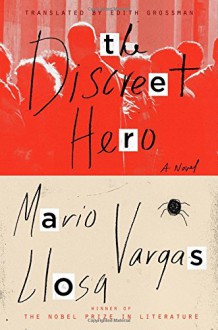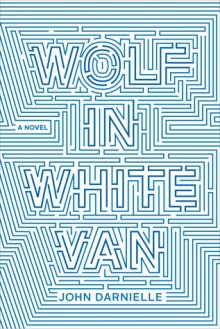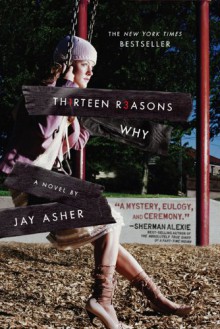
The film version of Deliverance is known for "that scene," the one where Bobby, one of four city men traversing a wild river in Georgia, is raped by a "hillbilly." The scene is a bit different in the book--there's no "Squeal like a pig!" moment--but essentially the same. Before I even saw the film, I knew about that scene. Men as victims of rape (outside of prison as a context) in stories shock us; women as victims are so common, often serving as the impetus for a male protagonist to seek revenge, or to "develop" a female character, that it's rare for their victimization to become the talking point of a film or book, unless the scene is especially brutal (e.g. Irreversible) or unique (e.g. that turkey baster in Don't Breathe).
I mention this because I came to Deliverance as a reader who is now rarely interested in books with white masculinity as their subject. Its spot on the Modern Library's 100 Best Novels of the 20th Century likely put it on my radar, and when I read a sample I was dazzled by its language. Dickey's prose is the best thing about the novel, for a reader like me. He has a way of describing moments of consciousness or states of being that is unlike anything else I've read. It carried me through the story, even as the book became what I feared it might. In essence, it's about using and relying on one's physical and mental resources as a man to make it through a dire situation.
The leader of this river expedition is Lewis, the most capable and masculine "man's man" of the foursome. He's what we would today call a survivalist; he has faith in himself and his body, first and foremost, and wants to be prepared for anything. There's Drew, the sensible, amateur musician, and Bobby, the smartass who's the least helpful on the river. The protagonist and narrator is Ed, Lewis's best friend. Ed is mildly dissatisfied with his work (in advertising) and goes back and forth about wanting to take part in the river trip. When Lewis is badly injured and another member of their party killed by the surviving local man who participated in the rape (Lewis killed the other), it's up to Ed to get them out of there alive. He does, though injured and obliged to murder (or kill in self-defense, depending on your perspective). The three survivors lie about what happened, concerned they won't be believed by local law enforcement. This experience will clearly haunt them always.
What troubles me is the way Bobby is characterized, especially after the rape. When reading, especially a violent and potentially offensive book like this, I try to separate characters' actions and attitudes from the author's. Immediately after the rapist is killed by Lewis, Ed thinks to himself that he doesn't want to touch or be around Bobby. This is a moment where you can distinguish between character and author. But Bobby is elsewhere characterized as weak by the author; his ineptitude makes him a hazard to his friends more than a help as they traverse the river and try to escape the situation. Bobby is, in effect, the least masculine and feminized. Drew had his sense of morality going for him; what does Bobby have except (useless) humor?
The few women in the book are wives or objects of a desirous male gaze. Ed has sex with his wife the morning he leaves for the trip, and when he returns, thinks he hasn't appreciated her enough. Drew's widow is angry and predictably points out how useless a death he suffered, adventuring on a river. Throughout the story, Ed thinks of the model who posed topless (back to the camera) and held her breast in a roomful of men, a gold tint in one eye. The women seem there to help define the men's masculinity.
Deliverance is tightly constructed, the type of book with symbolism to pore through, ready for a book group or class discussion. I've mentioned its stellar language and also gasped at several points. I can certainly understand its presence on the Modern Library's list, even as I struggle with some elements.


 Log in with Facebook
Log in with Facebook 









